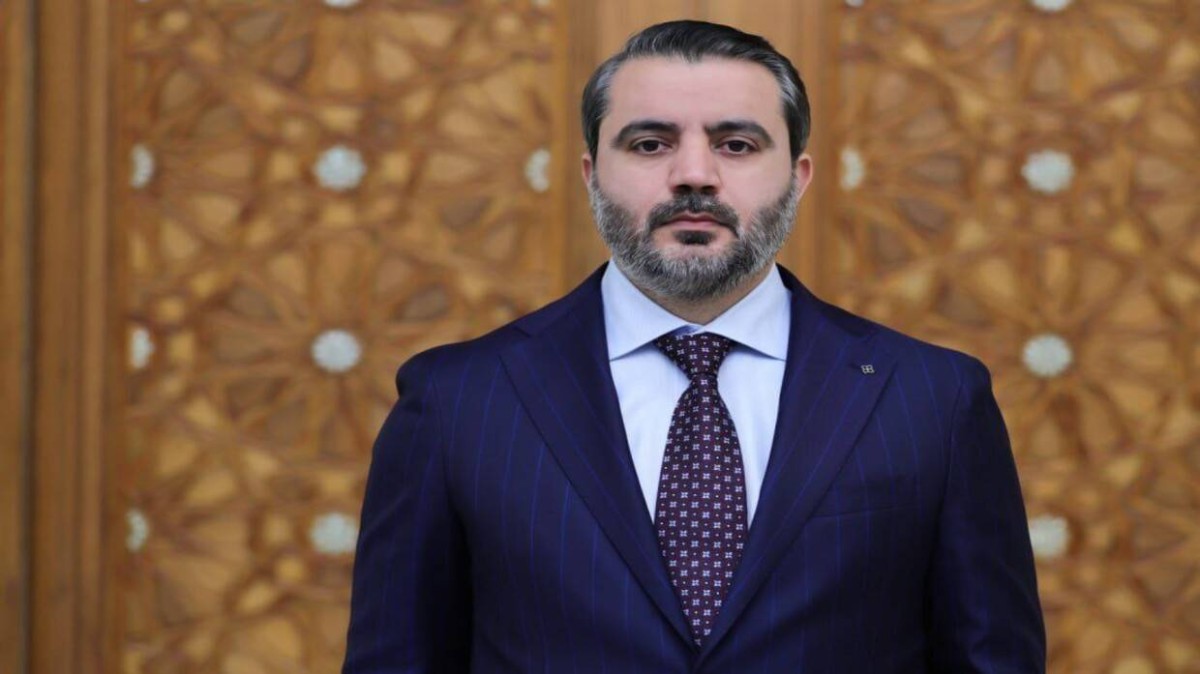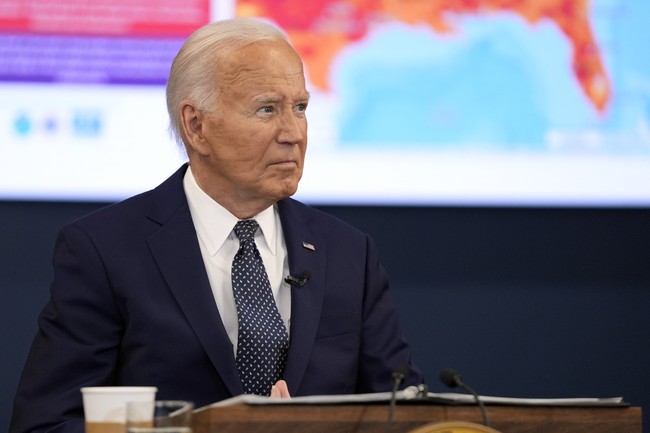American Faces Imprisonment Amidst US-Russia Tensions
A 72-year-old American, Stephen Hubbard, has been sentenced to nearly seven years in a Russian prison for allegedly fighting as a mercenary in Ukraine, highlighting ongoing geopolitical tensions.
Published October 08, 2024 - 03:10am

Image recovered from washingtontimes.com
A Russian court has handed down a significant sentence to Stephen Hubbard, a 72-year-old American who was accused of serving as a mercenary in the Ukraine conflict. His case has unfolded amidst a backdrop of intricate geopolitical dynamics and a history of tense US-Russia relations. Allegedly captured after joining the Ukrainian forces post-Russia's 2022 invasion, Hubbard's legal proceedings concluded with his sentencing to six years and ten months in a general-security prison.
This case, covered widely by international media, points to a growing trend of detentions involving foreign nationals accused of participating in the Ukrainian conflict against Russian interests. The court pursued charges under Russian laws that classify mercenary actions as crimes, which can potentially lead to long sentences. However, the sentence was notably moderated due to Hubbard's admission of guilt and his advanced age, which also illuminated the harsh realities and complex nuances of international law enforcement.
The arrest and prosecution of Stephen Hubbard exemplifies a broader narrative concerning the strategic detentions of American citizens by Russia. Analysts have expressed concerns that such individuals are often used as leverage in international diplomacy. The case occurred in the context of significant prisoner exchanges between the US and Russia, which in August saw one of the largest swaps since the Cold War. These exchanges have embroiled numerous Western and Russian nationals involved in security-related offences.
In a separate but related incident, another American, Robert Gilman, faced extended imprisonment charges in Russia not directly linked to warfare but for reportedly assaulting law enforcement. This further spotlights the precarious position of Americans within the Russian legal framework, accentuating potential diplomatic strategies Moscow might exploit.
Stephen Hubbard's involvement in the Ukrainian battalion, described as a volunteer defense unit, was reportedly compensated, drawing attention to the complexities of volunteerism and conscription in active conflict zones. These defenses often comprise individuals from diverse international backgrounds, as evidenced by numerous detentions of foreign nationals who joined such efforts. His sentencing has raised human rights concerns, given the closed trial nature and the challenges associated with due process in foreign jurisdictions.
The implications of Hubbard's conviction reach far beyond individual legal ramifications, touching upon how such cases can influence international perceptions and government responses. They serve as a potent reminder of the inherent risks in cross-national volunteerism in conflict areas. Moreover, Hubbard's detainment and legal battles resonate within larger diplomatic dialogues surrounding US citizens detained abroad.
The US government has registered concern, albeit discreetly, adhering to calls for privacy respecting diplomatic communications. These types of international legal disputes continually prompt debate over the efficacy and ethics of using citizens as bargaining chips in geopolitical negotiations. The tension also signals to Western citizens and military allies about the potential repercussions of aiding conflict efforts against a nation with significant global leverage.
This legal action comes amidst a slew of other geopolitical maneuvers aiming to assert territorial and political influence, with ramifications felt across European and global corridors.






